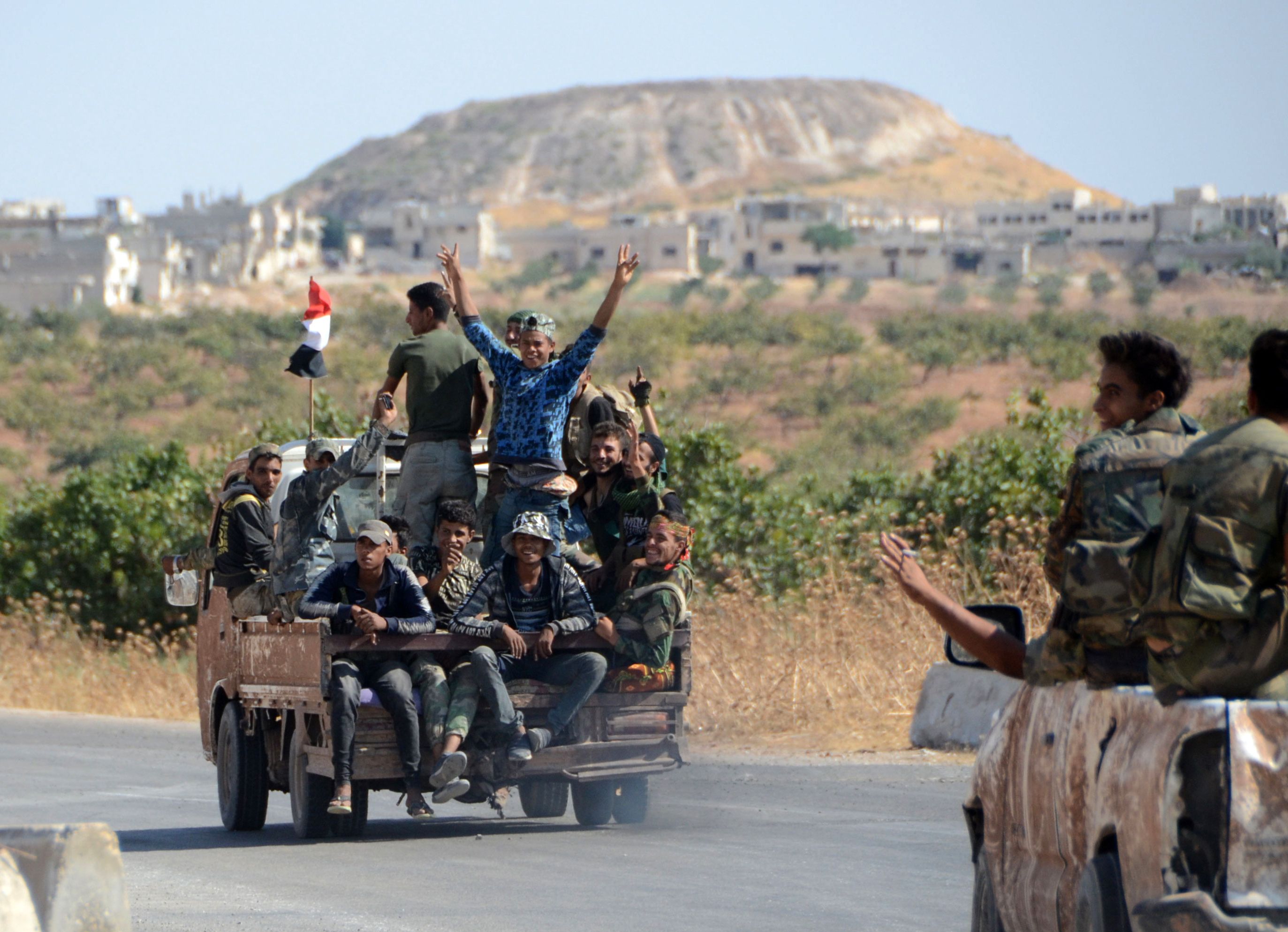Hossein Rooyvaran said UN Resolutions 2253 and 2254 stipulate the elimination of ISIS and the Nusra Front and the Takfiri groups, adding that what is happening in Idlib is a war against the Nusra Front and the Takfiri forces. During the Astana Process, Turkey had pledged to fulfil the job itself, but it did not take any action despite the passage of more than two years. Since Turkey did not fulfil these obligations, Syria decided to do so alone.
He said at the beginning of the operation it was clear that the Syrian government intended to liberate, he noted: “Syria managed to liberate several villages first and finally the city of Khan Sheikhun, a very important city overlooking some of the highways between cities.”
The expert added: “Unfortunately the Turkish government, despite its apparent anti-Takfiri stance, tried to provide the Takfiris with some facilities and a so-called monitoring centre on the hill overlooking the city. Turkey was trying to disrupt the operation by blocking the liberation operation but Russian planes bombed the northern route of the convoy to prevent them from entering the city.
Rooyvaran added: “Liberation of Khan Sheikhun shows the Syrian government has the potential to liberate Idlib, but the conflict in the border areas will be more difficult as Turkey can send supplies to terrorist forces at a lower depth, but it is naturally easier at the border. But despite Turkey’s obstruction, I think the release of Khan Sheikhun has shown that the Syrian government and its allies have the capability of liberating Idlib as well.”
He stressed: “Turkey has acted with double standards in this conflict. In terms of stance taking it is opposed to these forces but is associated with and supports the Takfiri forces and interferes in Syrian internal affairs.”
“Turkey’s excuse is that it should prevent millions of people from migrating to Turkey, while the operation showed there is no such thing,” the Middle East expert said. “Population shifts take place in military operations, but this does not mean this shift is necessary towards Turkey. The Turkish government is trying to compensate for this failure by striking a deal with the United States and create a safe zone in the eastern Euphrates. But this kind of behaviour by the Turkish government will certainly be costly for it, as the creation of a safe zone in northeast Syria will expose Turkey to the risk of confrontation with the Kurds.”
He noted: “The Syrian government has also informed the UN and the Security Council that these behaviours are tantamount to intervention in its internal affairs and violate the UN Charter. The attempt by Turkey to move the population to the border areas and replace the Kurds with Arabs in some areas is quite hostile and is aimed at changing the demographic structure of Syria to some extent.”
He emphasized: “It is unacceptable to use the immigrant population for displacement. Giving a city inhabited by Kurds to the Arabs will widen the social conflicts and generate a new crisis; therefore, what Turkey is doing is to perpetuate the Syrian crisis rather than solving it and this is counter to what it claims.”
About Russia’s positions and criticism of Turkish officials over Turkey’s actions in Syria, Rooyvaran said: “Russia defends the sovereignty of the Syrian government and emphasizes that the Damascus government has the right to liberate its land from the occupation of the Takfiris. This is a right the international law gives the Syrian government, but the Turkish government, in violation of these laws pursues the breach of Syrian national sovereignty and interferes in Syrian affairs.”
“I think the support of Iran and Russia for Syria’s position is support for a legal position that is in line with international norms and the criticisms by Iran and Russia against Ankara is for violating its commitments and unacceptable behaviour that is preventing the resolution of the crisis,” he said.










0 Comments